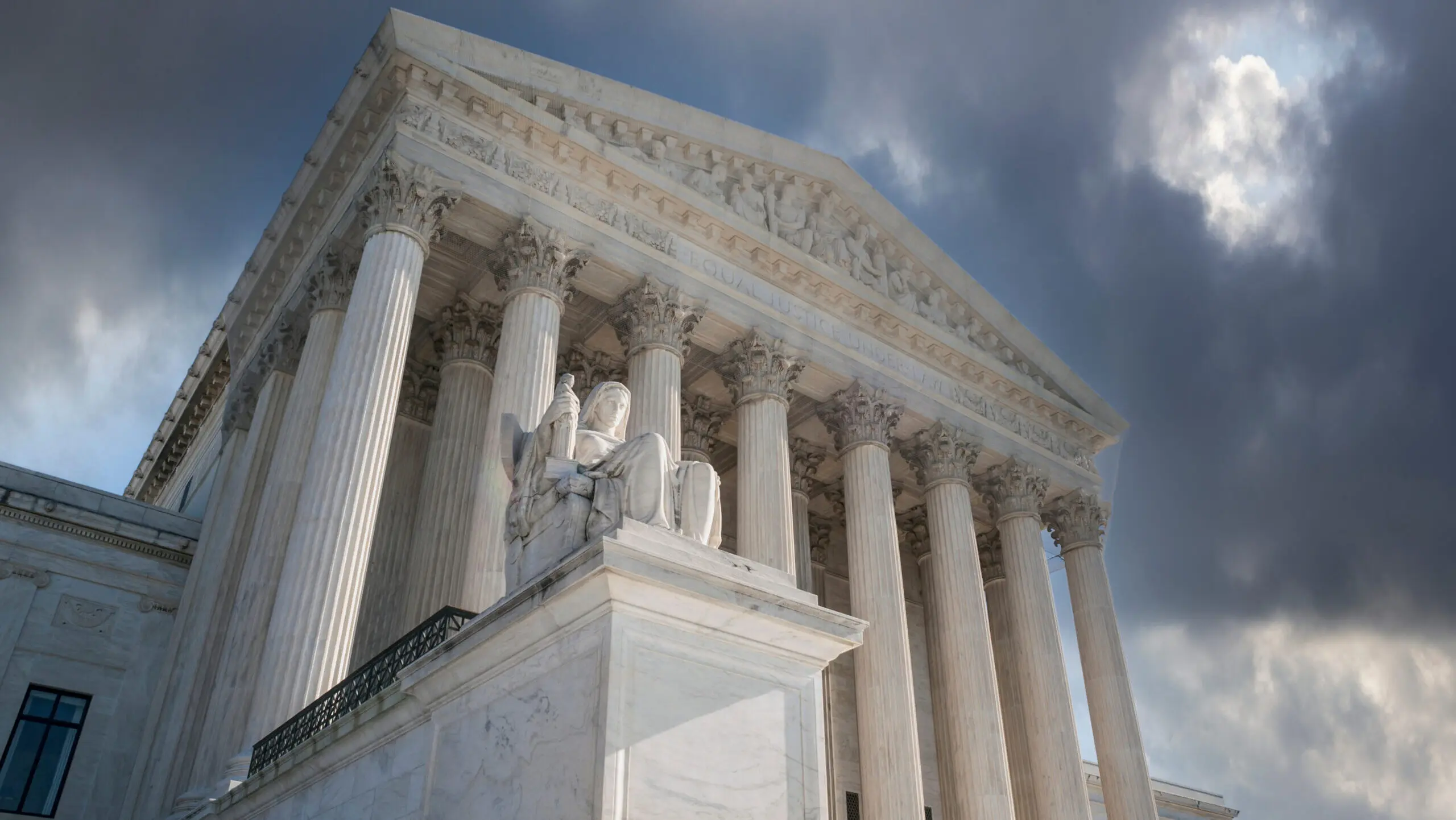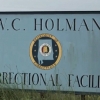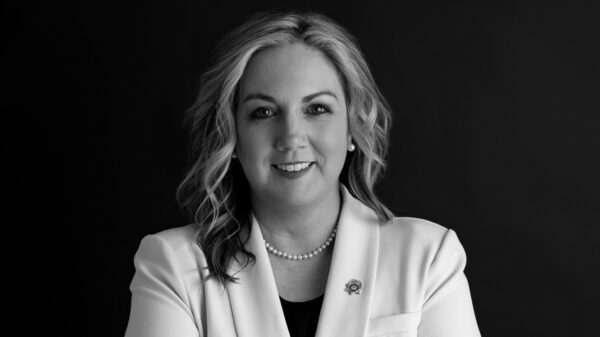On Monday, the U.S. Supreme Court denied an Alabama IVF clinic’s appeal of the landmark Alabama Supreme Court ruling that frozen embryos used in fertility treatment are legally considered human beings.
The Mobile-based Center for Reproductive Medicine filed the appeal in an attempt to overturn February’s ruling which would allow Felicia Burdick-Aysenne and Scott Aysenne to continue their pursuit of a wrongful death claim in a civil lawsuit over the destruction of the couple’s frozen embryo.
The couple initially sued the Center for Reproductive Medicine and its adjoining hospital in 2021 for wrongful death and negligence. According to the suit, a patient at the hospital gained unauthorized access to the cryogenic embryo storage area, ultimately destroying several embryos by dropping them on the floor. The couple’s one remaining embryo was among those destroyed.
Following the Alabama Supreme Court’s ruling, IVF providers in Alabama suspended treatments for fear of legal repercussions. The ruling also elevated IVF access into a national political issue, with prominent Democrats accusing Republicans of attacking access to fertility treatment as an extension of the pro-life, anti-abortion movement in the wake of the 2022’s historic Dobbs v. Jackson decision. Many Republicans have since vocalized their support for IVF treatment in an effort to curtail electoral pushback, among them former President Donald Trump and U.S. Sen. Katie Britt, R-Ala.
Although Alabama’s Republican legislature and Gov. Kay Ivey passed a law in March intended to provide IVF providers with immunity from criminal charges and civil claims, the Center for Reproductive Medicine told the U.S. Supreme Court that the law will not protect it from the wrongful death suit.
In its appeal, the clinic claimed that the Alabama Supreme Court’s decision was a violation of the clinic’s right to due process under the 14th Amendment. The Center for Reproductive Medicine argued that February’s ruling was “subjecting providers of critical reproductive services to the possibility of unprecedented punitive damages for the virtually inevitable loss of some fertilized eggs or eventual destruction of unused embryos.”
The couple’s wrongful death claim had initially been dismissed by a state trial judge before that decision was overruled by the Alabama Supreme Court. Now, with the clinic’s appeal dismissed by the U.S. Supreme Court, the couple’s wrongful death suit will move forward.
With the Court declining the chance to offer sweeping protections for fertility treatment, IVF access will likely remain a key political issue ahead of election day, now less than a month away.


















































